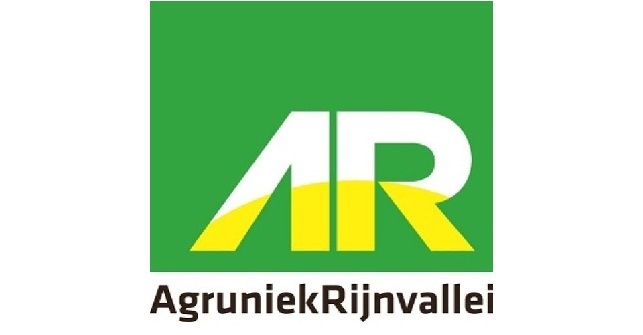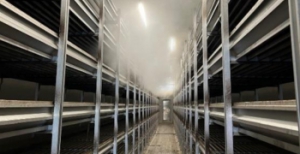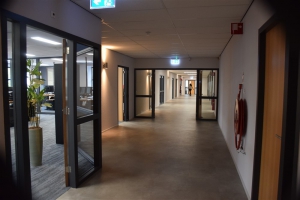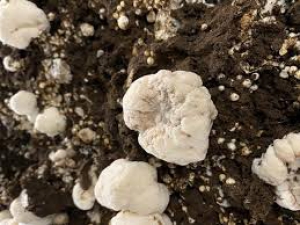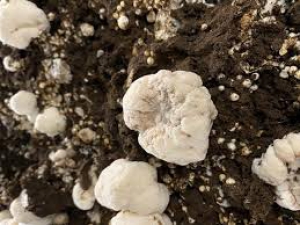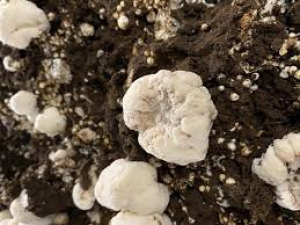
Mushroom Matter
Welcome on our platform. Why MUSHROOM MATTER? Because mushrooms play an important role in our lives as well in business. Our goal is to bring the world the very latest mushroom news with the upmost care to support the positioning of our beloved Mushroom.
We are observing that the amount of mycelium in the casing soil often leaves much to be desired. Ideally, thick mycelium strands should grow from the bottom to the top of the casing soil, while leaving enough casing soil not yet overgrown with mycelium. This remaining casing soil serves as a water buffer for the compost and mushrooms.
It's crucial to remember that this water buffer also determines how long and how much you can evaporate in the growing room before the casing soil dries out. If the casing soil dries out, you will need to water, even if it's not ideal for the mushroom quality. Therefore, it is important to pay close attention to the mycelium growth in the casing soil.
If there is structurally too much mycelium in the casing soil, a few adjustments can improve the situation. One option is to start ventilating earlier, although this means the mycelium may not reach the surface as much as usual. You can also adjust the watering schedule.
Once the mycelium starts growing from the top layer of compost and the casing material, it is essential to keep the casing soil well-moisturized. Each watering essentially stops the mycelium; weak mycelium struggles with this and can barely continue developing, whereas strong mycelium has fewer issues and continues to grow. In this way, you encourage more strong mycelium and reduce the amount of mycelium in the casing soil.
Our mushroom strains tend to form pins quite spontaneously, so many growers are ventilating extremely slowly. While this isn't necessarily a problem, it's important to realize that as long as the compost temperature is above 23°C, the mycelium will keep growing in the casing soil. Therefore, you should start ventilating earlier or increase circulation to bring the compost temperature below 23°C quickly. Once the compost temperature reaches 23°C, you can reduce circulation and control the number of pins by adjusting the air temperature.
I believe that with this method, you can control the amount of mycelium to some extent without leading to too many pins or a lack of distribution in the first flush. You might also consider using slightly heavier casing soil.
Slightly drier casing soil offers more certainty in terms of mycelium growth. Also, pay attention to covering. Avoid running the pinning axis and leveler too quickly to prevent structural damage. The mixing of the casing should be adequate, but more speed is unnecessary for the pinning axis.
Written by: Jeroen van Lier | Total Mushroom Service
Geurts Champignons Celebrates 40 Years of Craftsmanship: 'Our Strength Lies in the Family'
In Milheeze (Brabant, the Netherlands), family business Geurts Champignons is celebrating a special milestone this year: its 40th anniversary. The company is run by four brothers, each with their own role within the business. From a young age, they were surrounded by mushrooms. John Geurts, the third son, dreamed of becoming a farmer as a child and was already helping out in the nursery at an early age. That passion never faded—he is still at the company seven days a week.
We had the opportunity to visit Geurts Champignons and take a behind-the-scenes look at their operations. We saw how craftsmanship and innovation go hand in hand. With a strong focus on quality and sustainability, the family business continuously adapts to an ever-changing market.
A family business with a strong foundation
The history of Geurts Champignons was built by Willy and Maria. Willy was responsible for the cultivation process, while Maria handled administration. Although they have officially stepped back, they are still involved in the business. "Our father is here almost every day, but without any obligations. That's part of being a family business," says John Geurts. His mother still manages part of the administration, although a staff member now handles most of it.
The four brothers each have their own expertise: Ruud, the eldest, is closely involved with the production floor and has extensive experience in cultivation and cutting. Frank and John focus more on strategy, while Dennis, the youngest, is the technical expert. "Everyone does what they’re good at, and that has developed naturally," John explains.
The collaboration between the four brothers works well, partly because each has their own area of expertise. "We've had our fair share of discussions in the past about the direction of the company," John admits. "But because we have clear responsibilities, everything runs smoothly now. Each of us makes decisions within our own field, allowing us to work efficiently."
Beyond the family bond, another factor makes Geurts Champignons unique: everything happens on one site. This not only ensures quality control but also makes the company an attractive partner for retailers. “We built our own sales network by literally getting in the car and talking to customers. We are known for our reliability and quality.”
From export to a focus on the domestic Market
The mushroom industry has changed significantly over the years. While Geurts Champignons used to be heavily focused on export, the company has now shifted its attention to the domestic market. "Ten years ago, we were still heavily involved in the international market, but we saw that this was becoming increasingly challenging," John explains. "So we made a strategic decision to focus more on Dutch retailers and consumers. We deliver directly from the source, and it works."
This strategic shift has helped Geurts Champignons establish itself as a reliable, long-term partner within the Netherlands. "Supermarkets and other buyers are looking for suppliers who can guarantee stability and quality. With our 40 years of experience and full control over the cultivation and packaging process, we can offer that."
With 18 growing cells and room for expansion, Geurts Champignons maintains year-round production. In winter, this reaches around 80 tons per week, while in summer, it drops to 65 tons.
Sustainability and innovation as key priorities
To remain competitive in the future, Geurts Champignons is investing in sustainability and technology. "We don’t just want to grow; we want to work smarter and more efficiently," says Geurts. "We continuously look for ways to improve our cultivation and harvesting processes, save energy, and reduce our ecological footprint."
Geurts Champignons finances all its expansions independently. “We want to remain as financially healthy as possible,” says John. This means not only running a responsible business but also thinking ahead. “The industry is becoming more expensive, and innovation is essential to remain profitable.” This includes automation in harvesting and energy-saving measures in the growing cells.
One of the innovations the company is exploring is the use of automated harvesting techniques. However, Geurts remains critical of certain technological developments in the sector. "Many innovations sound great on paper, but in practice, they must add real value. We want to maintain flexibility and invest in technologies that truly pay off."
Social Media and visibility
In addition to technological innovation, online visibility is playing an increasingly important role.
Geurts Champignons has made significant investments in social media over the past few years to share its story and showcase its products. "We work with a company that helps us communicate our message effectively," Geurts explains. "At first, I was skeptical, but now I really see the value. Recognition and repetition help people remember us."
According to Geurts, a personal approach works best. "People respond most to posts where we share something personal, like old photos from the past or behind-the-scenes glimpses. That makes us, as a family business, authentic and approachable."
A Celebratory Milestone
While there are no major celebrations planned, Geurts Champignons does not want to let its 40th anniversary go unnoticed. "We definitely want to highlight this milestone because 40 years in this industry means you are reliable and know your craft," says Geurts proudly.
One of the ideas is to use drones to create a video showcasing the entire production process, from cultivation to transportation. "That would be a great way to show what we do and how we work," says Geurts.
With a strong foundation, a clear vision, and a passion for cultivation, Geurts Champignons continues to evolve. "For us, it’s all about running a healthy business and delivering quality. That’s what we remain fully committed to, now and in the future."
Despite the challenges in the sector, John remains optimistic about the future of mushrooms. “It remains a valued product. We always look ahead and think beyond. That’s what sets Dutch growers apart.”
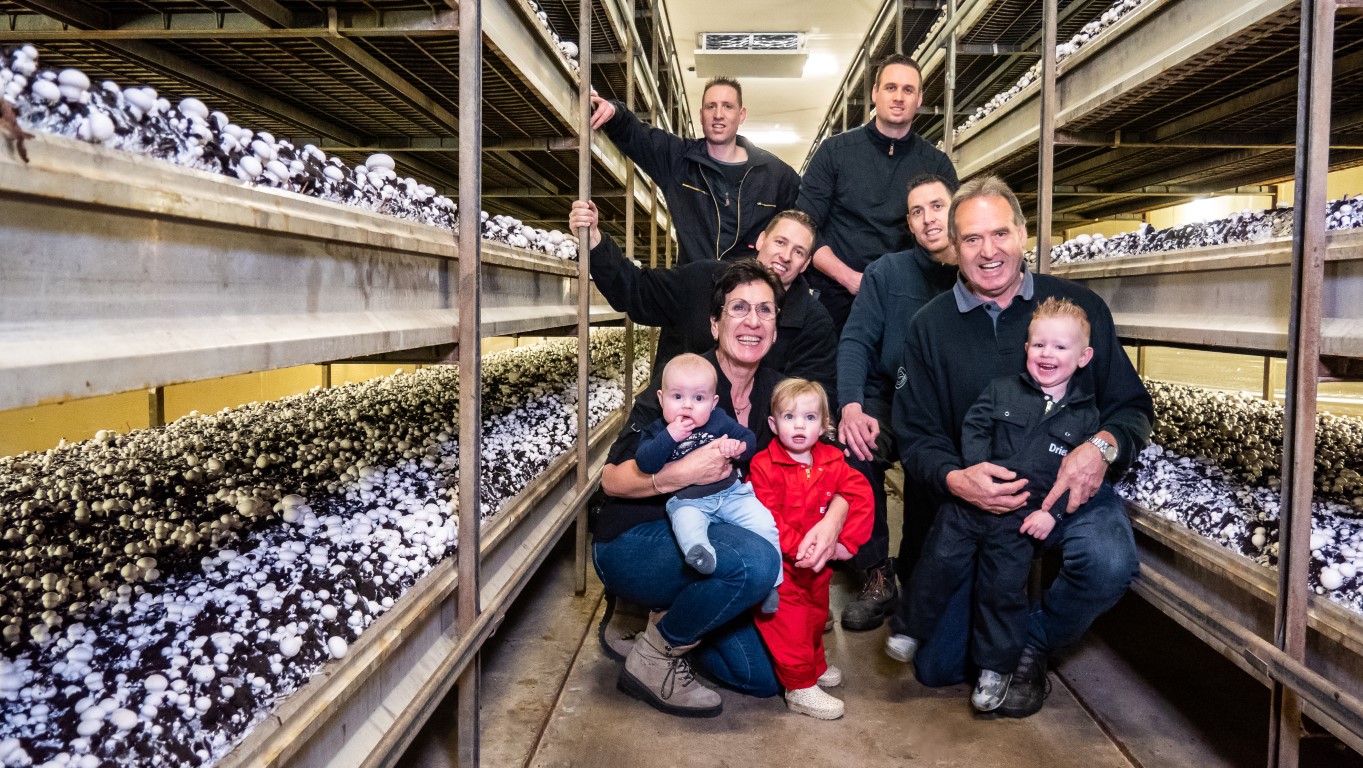
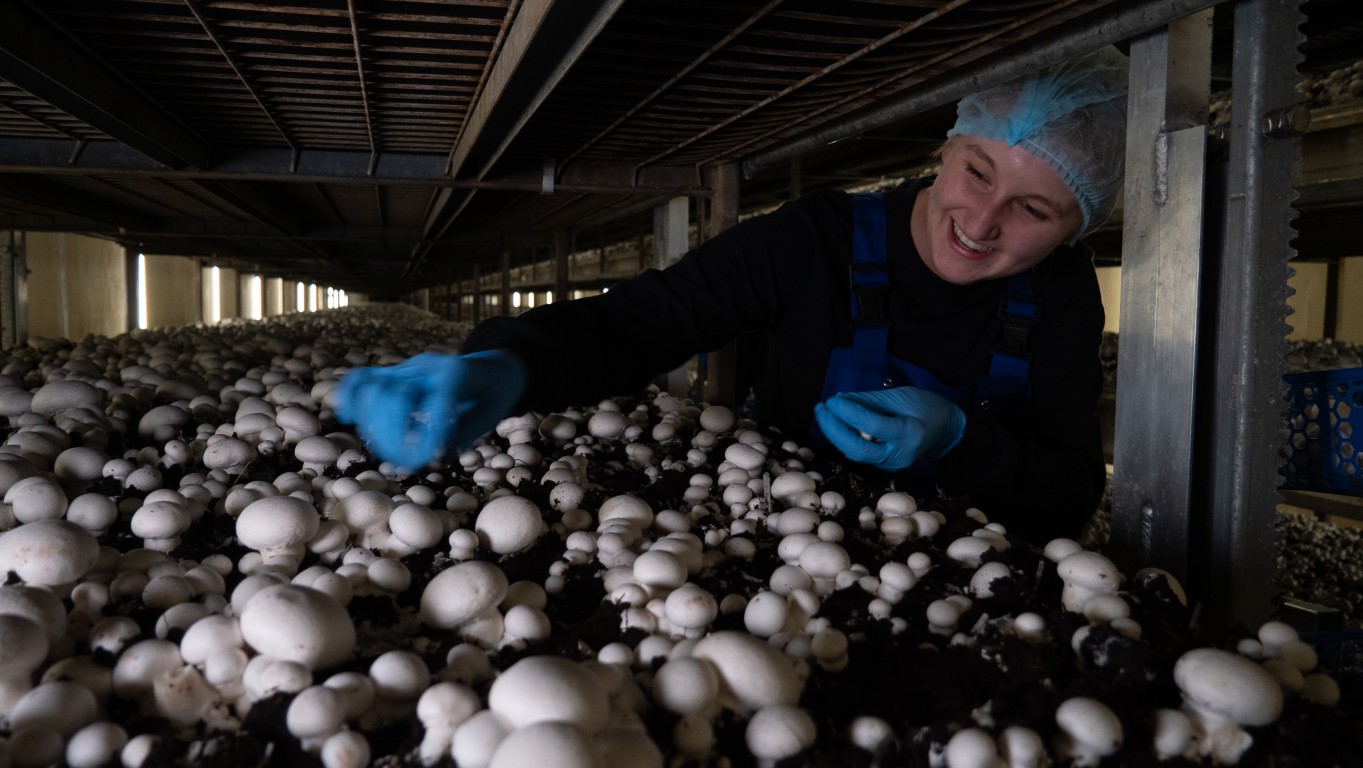
Please find below press release from CNC Group.
Eric van Asselt decides to step down, Hildo Brilleman intended new CEO
With strong commitment and passion, Eric has played an important role in the growth and professionalisation of CNC Group (CNC) over the past 5 years. Under his leadership, major operational and commercial improvements have been successfully realised and the company is now on a solid and professional footing for the future.
Together with the leadership team, Eric developed a strategic plan to grow the company substantially over the next 3 years with the aim of becoming a leading player in the European mushroom industry.
As part of the strategic discussions, Eric has decided to step down as CEO of CNC. The owner of CNC, a subsidiary of Sun European Partners (Sun), and Eric have therefore jointly decided to look for a new chief executive and Eric has handed over all ongoing matters to the CNC Group management team.
Eric van Asselt, CEO of CNC Group, said:
‘CNC is a great company, we have strong, committed investors, we have built a great team over the past few years and the results we are starting to see are testament to your efforts. I am enormously proud of what we have achieved together, this is a better company today than when I started five years ago, and I am sure that under the leadership of a new CEO and the strengthened leadership team, you will see great results
Introducing Hildo Brilleman, our intended new CEO
We welcome Hildo Brilleman, our new intended new CEO who will join us on 1 April.
Hildo has a strong background in crop protection and the agricultural sector. In his current role, he leads Nufarm's European operations, which include production, supply chain, sales, marketing and corporate functions. In addition to a strong commercial and operational background, he has driven major organisational transformations several times in his career based on his strong strategic vision and effective leadership.
Hildo is known for his natural ability to inspire and bring about meaningful change through his focus on people and personal commitment.
Hildo Brilleman, intended future CEO of CNC Group:
‘I am delighted to have the opportunity to join the CNC team as CEO. CNC has developed from a cooperative into a professional organisation and is now ready to take the next step to become a leading player in the European mushroom industry. Therefore, I see this as a unique moment to join. I look forward to meeting all of you, learning from everyone and finding my way in the company. I would like to thank Eric for his leadership of CNC and I look forward to growing CNC further from its current strong platform and market position.’
Helene Egebøl, COO, Sun European Partners LLP:
‘Sun European Partners would like to thank Eric for his leadership and especially his dedication and passion for the CNC Group.
During his five years as CEO, Eric has grown the company and left a solid foundation for the future. I wish him and his family all the best for the future.’
We expect Hildo's leadership and expertise will be invaluable in leading CNC into its next phase of growth and development.’
One of the most effective ways to avoid diseases in the mushroom industry is a cook-out at the end (or beginning) of each cycle.
To reduce the chance that some spores of diseases or insects will survive in the growing rooms after the last day of harvest, it is vital to thoroughly cook out the growing rooms. To ensure that all diseases and pests are killed, it is necessary to heat the entire growing area to 70 ° C for 8 to 12 hours using steam. The entire growing area means that the compost also reaches this temperature for 8-12 hours. Why do I say 8 to 12 hours? In highly effective farms the whole room will be on the same temperature (compost, floors, corners) and 8 hours will be enough, in other farms where you are less effective, meaning the entire room will not be at the same temperature, it would be better to extend the cook-out time to 12 hours.
Often, for reasons of cost or time savings, it is decided to shorten the time or keep the temperature lower, which has the risk that virus can survive. However, to be on the safe side, 70 °C for 8-12 hours is the benchmark, especially if there are diseases or pests on your farm. Some farms decide to cook-out on lower temperatures, especially phase 3 compost farms, to just eliminate the spores for bubbles and cobweb and those are eliminated on lower temperatures. With the high energy prices, a very understandable approach. If there is no virus or Trichoderma on the farm it is probably enough to cook-out on only 60 °C.
After the cook-out, the new growing cycle begins, so it is important that from this moment on no traces of mushrooms, germs or insects end up in the growing area. This is often neglected during emptying, which means that the usefulness of the (expensive!!!) cook-out has been for nothing.
Be aware of that, you invest a lot in cook-out.
Some farms in several countries have not the possibility to cook-out because they have no boiler present on the farm. That means your hygiene has to be excellent, but some farms manage that well. I know farms where they have no boiler and keep the infection very well under control. On the other hand, there are farms that don’t trust their first cook-out and decide to cook the rooms out after emptying and cleaning again before they fill the new compost. Empty rooms are easier and more efficient to cook out.
Of course, you need time in your cycle as well to cook-out. Including the warmup and cooldown period you will need around 24 hours to finish a full cycle. Warming up and especially cooling down needs to be done with a slope up and down in temperature to avoid negative affects to your building.
There are different cooking methods used worldwide. Choose what works best for your farm. If you're building a new farm, consider adding a boiler. Regular cookouts can help prevent problems and keep infections low. This is an effective way to maintain cleanliness and bio security on your farm.
Erik de Groot
This email address is being protected from spambots. You need JavaScript enabled to view it.
https://www.mushroomsconsultant.com/
GTL Europe: innovation and sustainability in turnkey solutions for mushroom cultivation and composting
We, as Mushroom Matter, had the opportunity to take a look behind the scenes at GTL Europe, a leading player in the world of mushroom cultivation and composting. What struck us immediately was the company's humble and down-to-earth approach. Without too much adornment, they demonstrate professionalism and focus on delivering tailor-made solutions that help shape the future of their customers.
Mission and Vision
GTL Europe stands for innovative, tailor-made total solutions that take mushroom cultivation and composting to the next level worldwide. This goal is driven by their technical expertise and commitment to long-term customer relationships. Ruud Keunen, Sales Manager at GTL, puts it aptly: ‘Where we can add value, that's where we deliver.’ At the heart of their business is being a long-term partner and always working together to realise their customers' growth ambitions.
The origins of GTL Europe - Geraedts + Thilot + Lemmen
In 1996, Jack Lemmen saw an opportunity in the market, there were no companies offering complete turnkey solutions for compost companies and nurseries. ‘Customers were getting bigger and bigger and their needs were changing. There was more demand for custom-made systems that were not only technically sound, but also looked ahead to the future,’ says Ruud. This led to the creation of GTL Europe, which has since pioneered in providing integrated systems that perfectly fit their customers' vision.
Innovation and sustainability
During our visit, it became clear that a stable and progressive partner for the mushroom market. As Ruud puts it, ‘There is always a solution to be found, and that is exactly what we excel at. We are a stable partner that thinks with our customers and develops long-term visions.’
GTL has therefore invested heavily in automation. A good example is their picking optimisation system, which supports pickers in selecting mushrooms. Thanks to the machine's tiltable design, pickers work more ergonomically.
GTL is motivated to innovate by constant developments in the mushroom market. For example, the kilogram price of mushrooms is much higher than that of other fruits and vegetables, which increases the pressure on the production process. Staff availability also plays an important role - it is increasingly difficult to find sufficiently qualified staff for the various tasks in the process. Competitiveness also requires constant improvement and innovation to keep up with market demand. All this has prompted GTL to invest further in new technologies to improve both productivity and workload.
In addition, GTL has developed automatic packaging, which explores new packaging solutions to improve the entire production chain. This type of innovation, coupled with their experience, makes GTL a pioneer in the industry.
Turnkey projects
Another important part of GTL Europe's work is their focus on turnkey projects. From initial ideas to the complete installation of systems for mushroom cultivation and composting, GTL takes care of the entire process. Ruud explains: ‘Our projects usually last between 12 and 14 months, depending on the size and complexity. We make sure that everything is tailor-made so that it fits perfectly with the client's requirements.’ The focus on customisation ensures that GTL clients always get the best solution that works well not only now, but also in the long term.
Human relationships
What we found special is the human side of GTL Europe. Ruud and his team pride themselves on the long and stable relationships they maintain with customers. ‘We find it important that we are not just another supplier. We want to be a real discussion partner. And that's not just about technology, but mainly about understanding the customer's vision and making it a reality together.’ These long-term relationships are the backbone of the company, and it appears that GTL Europe invests in both technology and the people they work with.
Departments and expertise
GTL Europe has four main departments: Constructions, Equipment, Controls and Engineering. These departments work closely together to provide tailor-made solutions covering the entire process of mushroom cultivation and composting. From design and engineering to installation and commissioning, GTL is involved every step of the way. They offer customer-oriented designs, technical expertise and a broad knowledge of laws and regulations surrounding the sector.
We were impressed by their down-to-earth outlook, broad market knowledge and guts to invest. What also struck us is that at GTL, long tenures are the rule rather than the exception. There is also plenty of room for young talent, a great development in the mushroom sector.
A nice detail: all meeting rooms are named after the hometowns of their employees. GTL is an inspiring company in every sense and you will hear and see more from them on our platform Mushroom Matter!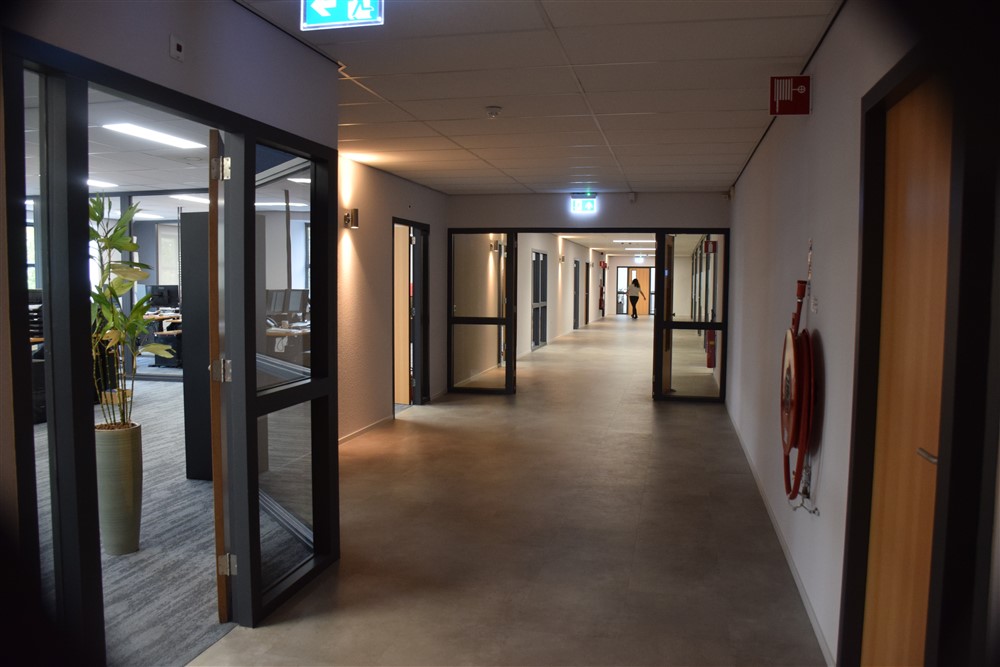
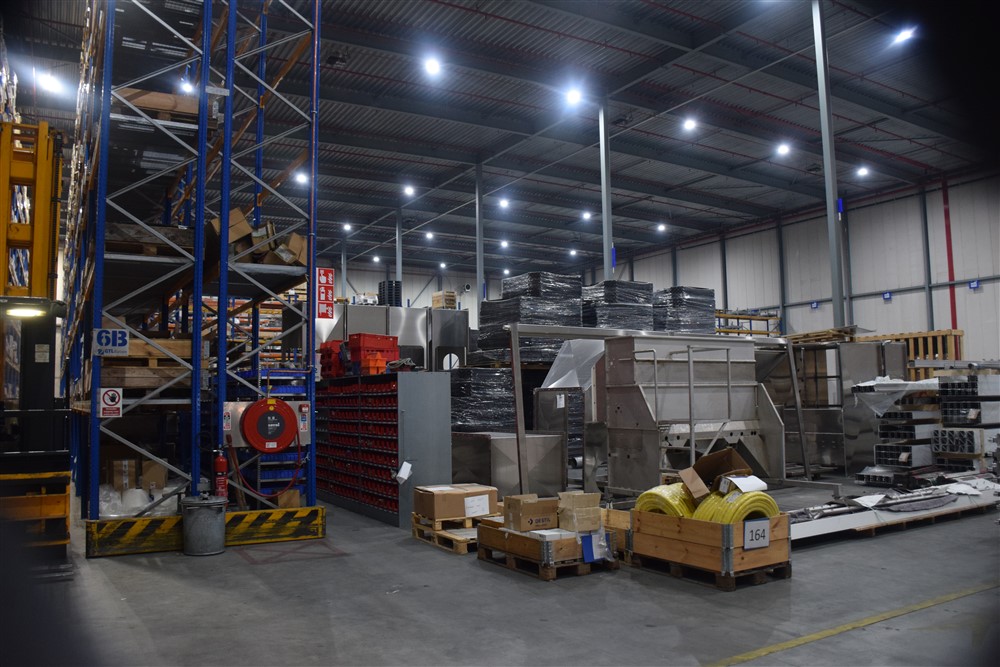
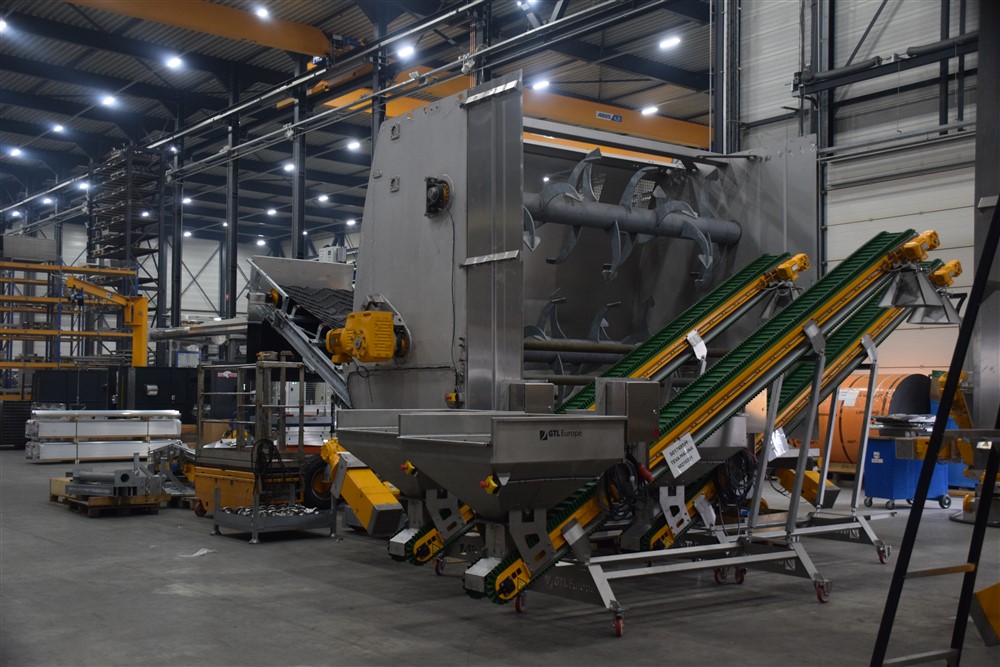
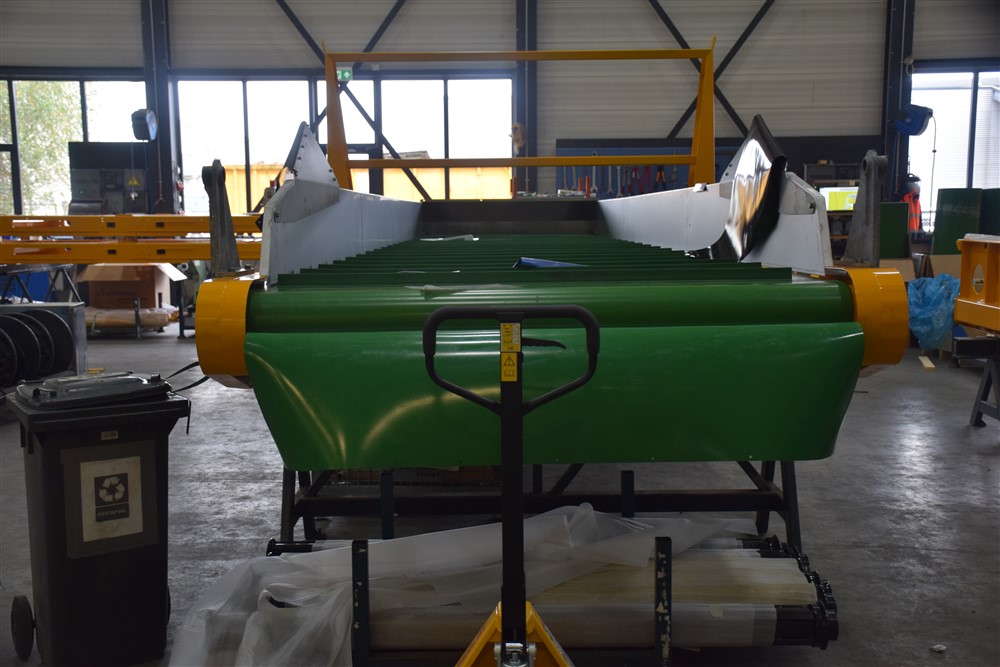
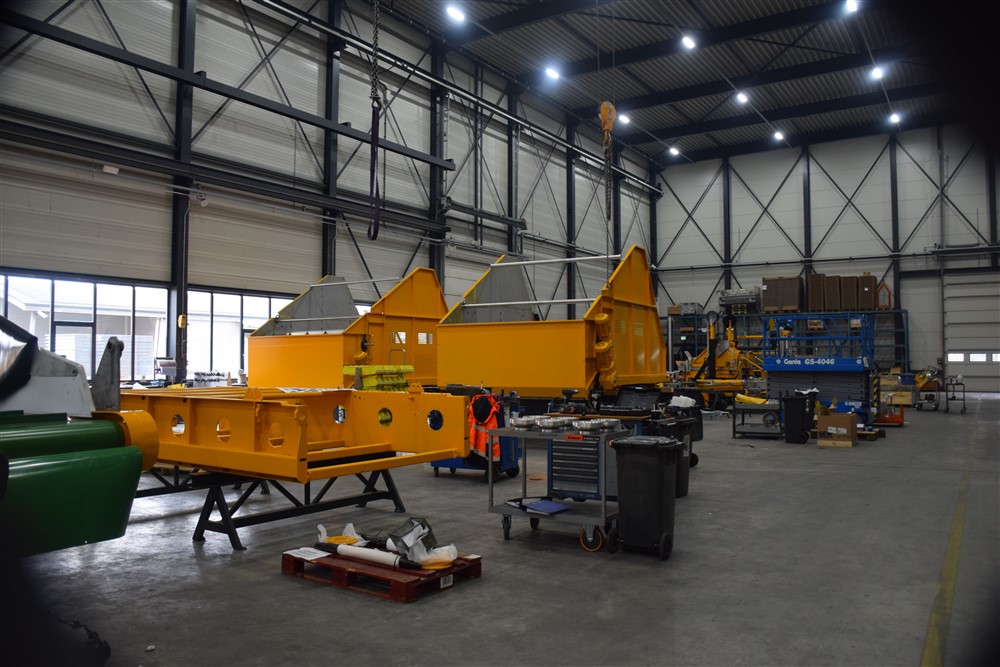
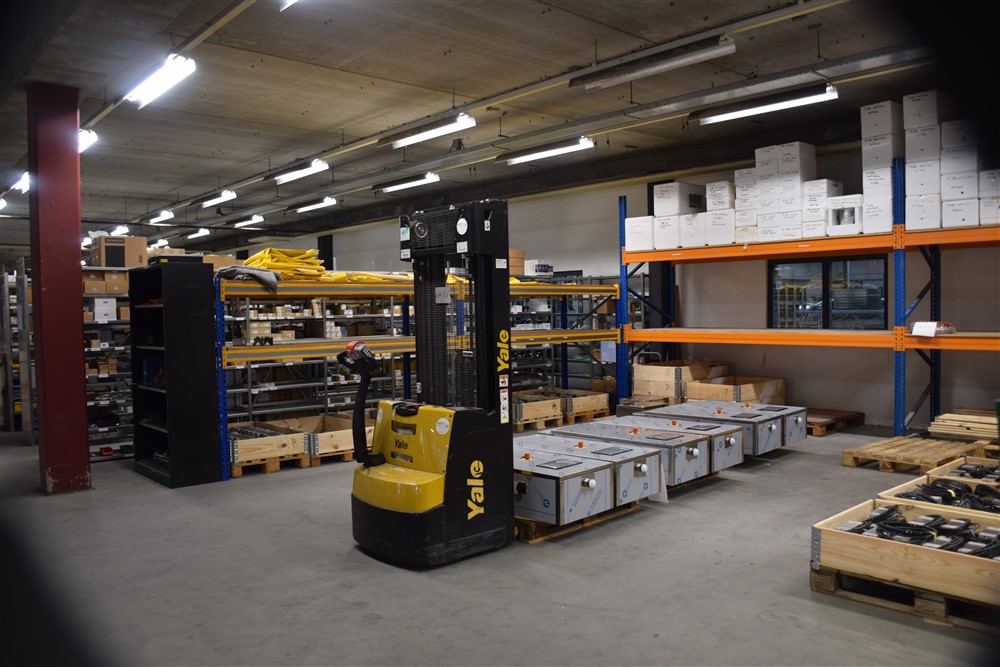
Copy of Copy of Dry Bubble Disease
Dry Bubble Disease is a common fungal disease of the commercial white and brown mushroom Agaricus bisporus. Understanding more about the biology of the fungus that causes Dry Bubble Disease may help growers control this disease. With the difficulty in obtaining new or maintaining existing pesticide registrations, the struggle to control this disease will continue for many years. This fact sheet aims to give growers basic biology and practical information about this disease.
Factsheet by David M. Beyer
Copy of Dry Bubble Disease
Dry Bubble Disease is a common fungal disease of the commercial white and brown mushroom Agaricus bisporus. Understanding more about the biology of the fungus that causes Dry Bubble Disease may help growers control this disease. With the difficulty in obtaining new or maintaining existing pesticide registrations, the struggle to control this disease will continue for many years. This fact sheet aims to give growers basic biology and practical information about this disease.
Factsheet by David M. Beyer
Dry Bubble Disease
Dry Bubble Disease is a common fungal disease of the commercial white and brown mushroom Agaricus bisporus. Understanding more about the biology of the fungus that causes Dry Bubble Disease may help growers control this disease. With the difficulty in obtaining new or maintaining existing pesticide registrations, the struggle to control this disease will continue for many years. This fact sheet aims to give growers basic biology and practical information about this disease.
Factsheet by David M. Beyer




